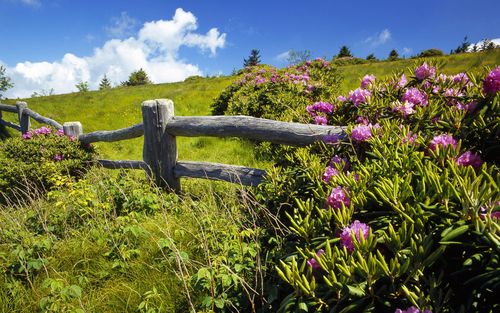Every culture has its own traditions and customs. Whether it’s celebrating New Year’s Day by eating special foods or celebrating birthdays by blowing out candles on a cake, these customs are deeply rooted in our past and have become a part of our daily lives. However, have you ever wondered about the origins of these traditions?
Exploring the roots of these traditions can reveal surprising historical facts, giving deeper meaning to these customs and their significance. One example is the tradition of carving pumpkins on Halloween. This practice has its roots in the ancient Celtic festival of Samhain, where people would carve turnips and place candles inside to ward off evil spirits. However, when Irish immigrants arrived in America, they discovered that pumpkins were more abundant and larger than turnips and began using them instead, creating the tradition we know today.
Another fascinating custom is the Japanese tea ceremony. From its humble beginnings as a way for Buddhist monks to honor spiritual teachings, it evolved into a highly stylized ceremony. It involves preparing and serving tea to guests in a specific way, with each movement of the host’s hands carefully planned and choreographed. This tradition is so intricate that it can take years to learn and perfect, but it’s a beautiful representation of Japan’s philosophy of bringing stillness and harmony into daily life.
Lastly, the tradition of the wedding veil. While often seen as a symbol of purity and innocence, the wedding veil has its roots in ancient Rome. Back then, the bride would wear a red veil, symbolizing her willingness to enter into marriage as a slave under the Roman laws. Later on, the veil became a symbol of modesty and virginity, and eventually evolved into the white veil we see today.
In conclusion, exploring the origins of traditions can offer a deeper appreciation for their meaning and significance. Whether it’s the Halloween pumpkins, Japanese tea ceremony or wedding veil, every custom has its own story to tell and is a testament to the evolution of our culture. By learning and understanding the traditions and customs of others, we can better appreciate their unique histories and values.
(Note: Do you have knowledge or insights to share? Unlock new opportunities and expand your reach by joining our authors team. Click Registration to join us and share your expertise with our readers.)
Speech tips:
Please note that any statements involving politics will not be approved.
